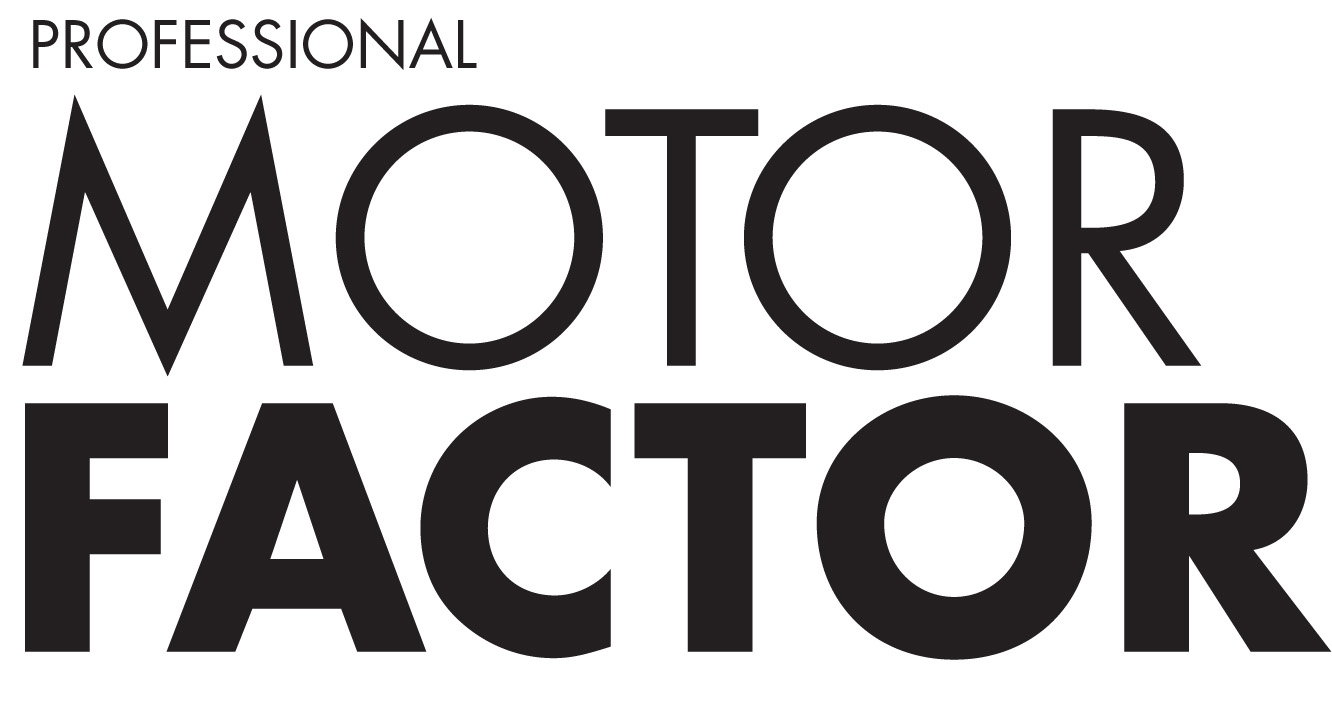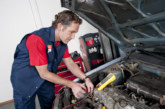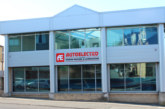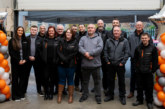Newly appointed VLS chairman takes PMF’s questions
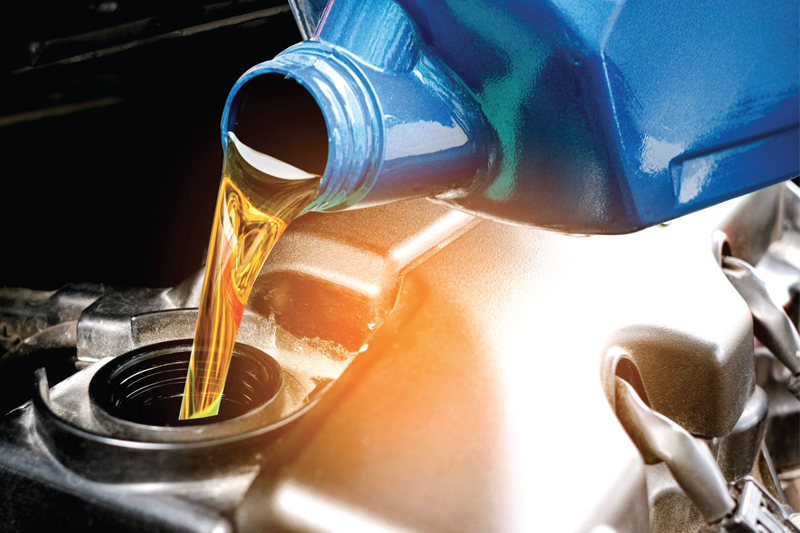
Harald Oosting is the chairman of the Verification of Lubrication Specifications (VLS). He hasn’t been in post for long, but he’s firmly got his feet under the table and was happy to take on our questions.
Q. What inspired you to take on the role of chairman at VLS?
A. “I joined the VLS Board in 2018, and it has been fascinating seeing VLS develop over the past six years. As an organisation, we have navigated the challenges of COVID, taken a proactive approach to product testing, investigated an influx of cases during the 10th anniversary year and supported members in a changing industry.
“Over the past 18 months, the diversity of cases received has been greater than ever before, with investigations into hydraulic oils, transmission oils and a metalworking cutting fluid, as well as engine oils and brake fluids. This demonstrates the application of VLS right across all industry sectors from automotive to industrial and metalworking products.
“When my predecessor retired after decades of service to the lubricants industry, I was keen to step into the role and continue the progress VLS has made over the past 11 years.”

Q. You’ve had a long career in the lubricants industry, with roles at Olyslager, Shell, and Alcar Benelux – how have these experiences prepared you for your new role as chairman at VLS?
A. “With over twenty years of experience, I have a deep understanding of the European lubricants industry and how it has developed in response to regulatory changes and OEM requirements. The products we see in the market now are very different from when I started, with lower viscosities, even more complex additive packs and a move towards manufacturer-specific lubricants akin to other car parts, like brake pads or oil filters.
“Understanding the complexity of the market enables me to understand the challenges members face and the intricacies of the cases we investigate.”
Q. As the new chairman, what are your primary goals and priorities for VLS?
A. “I am keen to support the lubricants industry through the transition to alternative fuels including green hydrogen, the implementation of Euro 7 and future ACEA changes, as well as maintain VLS’ track record in managing non-compliance.
“Our industry has experienced immense change over the past few decades – and more changes are coming. As an independent body, VLS provides certainty and consistency in the treatment of performance claims of finished lubricants being placed on the open market in the United Kingdom. This certainty and consistency is critical to help the sector navigate the change to come.”
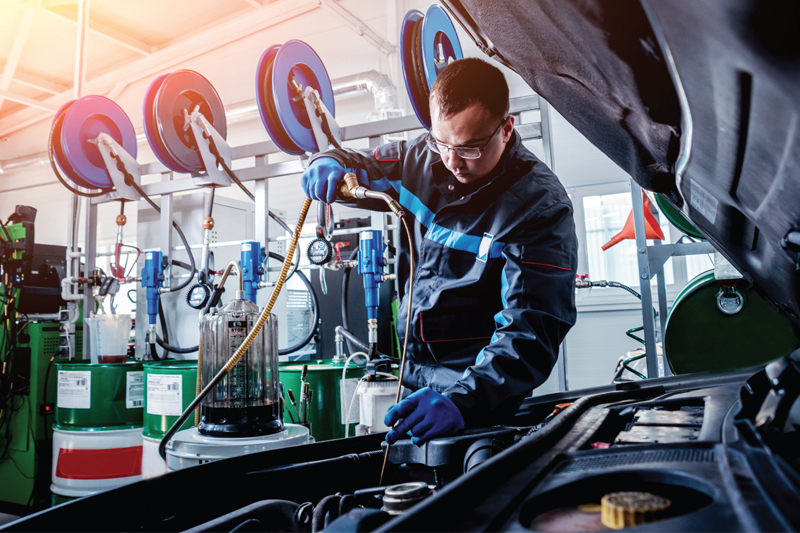
Q. VLS is known for ensuring the validity and reliability of lubricant performance claims – how do you see your background helping to enhance VLS’ work in this area?
A. “With my background in Olyslager, I believe I can optimise the value that VLS brings to the lubricant sector in the UK through the application of reliable data to aid better decision-making in the handling of cases under investigation, and support a rigorous process of investigating companies making claims against recognised market standards and OEM specifications.
“We are fortunate that highly experienced technical experts from across their industry volunteer their time on the technical review panel to ensure we have the necessary technical expertise to investigate cases. With the technical expertise in place, my role as chairman is to provide overall direction and bring the organisation together in pursuit of our common goal – upholding standards within the lubricants industry for the benefit of end users.”
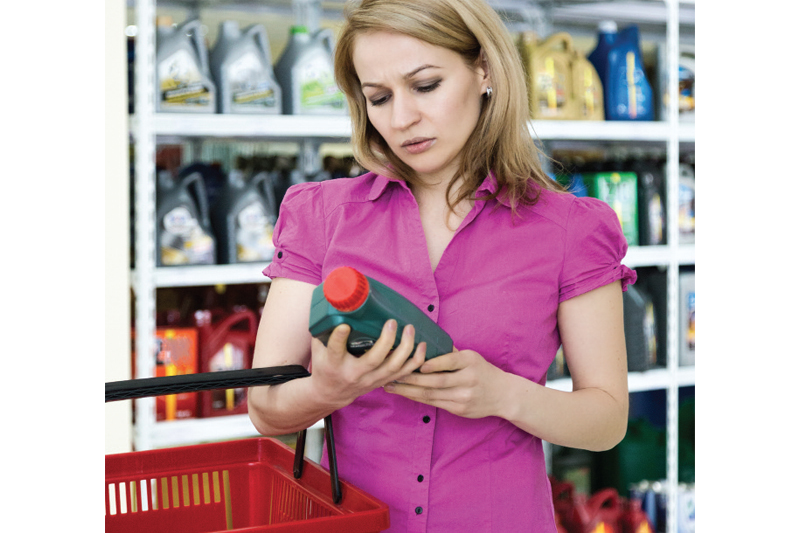
Q. Can you elaborate on how VLS ensures a level playing field for all lubricant companies?
A. “VLS is an independent organisation providing a credible and trusted means to verify lubricant specifications. We investigate and resolve lubricant product complaints concerning incorrect performance claims, misleading technical specifications and products that do not meet stated OEM or industry standards. This ensures a level playing field for all lubricant companies and means that motor factors and workshops can be confident that products are correctly described and can deliver what they claim.
“It is the key reason VLS was formed in 2013. At the time, reputable lubricant producers were concerned that some lubricant products were being sold with claims that did not seem believable. Closer inspection found that occasionally, substandard formulations were being passed off as the latest specifications or even failing to perform effectively.
“Since then, VLS has investigated over 100 different lubricant complaints from low temperature properties through to compliance with recognised industry standards and manufacturer specifications. In the vast majority of cases, companies have taken swift corrective action to bring products back into compliance and protect end users.”
Q. What challenges do you foresee in the lubricants industry, and how do you plan to address them as chairman of VLS?
A. “The lubricants sector has been through decades of change; the pace shows no sign of relenting.
“The ban of ICE vehicles is approaching. EVs have taken some share of the market, though interest in pure EVs is waning. Other options, such as hydrogencombustion engines, may provide an answer. Companies, like DAF, Volvo and MAN, are actively progressing hydrogenpowered HGVs. Already, JCB has working hydrogen-powered engines in off-road equipment and has retrofitted them to existing vans to demonstrate the potential of hydrogen. Hydrogen engines produce water as a by-product, and with more water generated than traditional petrol or diesel engines, specialist oils must be developed to perform under those conditions and minimise the risk of water contamination and accelerated corrosion.
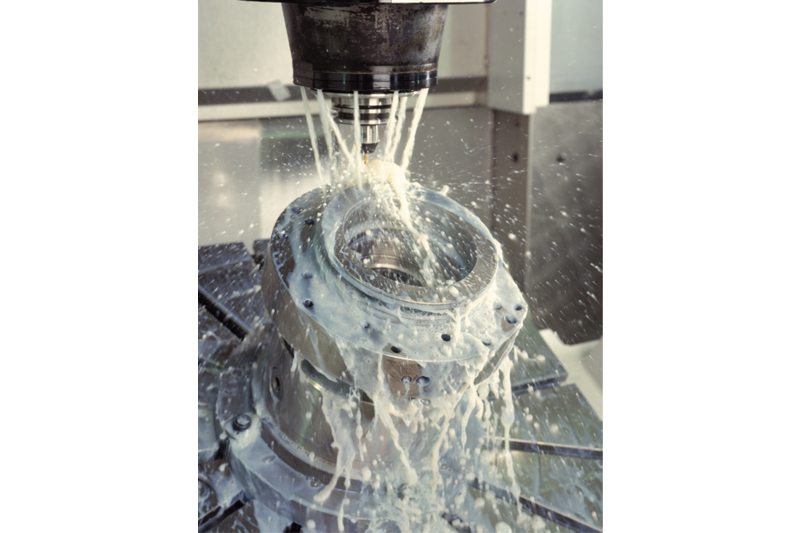
“Meanwhile, plug-in hybrids and full hybrids can create challenging conditions for lubricants in high-power cold starts and lower oil temperatures than in full ICE vehicles. Issues with increased wear and the accumulation of water and unburnt fuel in the crankcase have been observed.
“We have seen further fragmentation of OEM specifications and standards over and above ACEA, adding even more complexity to the marketplace. Whereas once an ACEA category claim was enough to satisfy the demands of modern automotive manufacturers, today more OEMs are demanding increasingly sophisticated engine oil formulations that start with an ACEA category claim. The result is further product proliferation to meet individual specifications, challenging for lubricant manufacturers, motor factors, and workshops to manage.
“Latest forecasts suggest that despite the economic challenges of the past few years and the upcoming ICE ban, the total number of vehicles on the road in Europe is expected to increase until 2050. Alongside this increasing fleet, the complexity of the lubricant and fluid industry is expected to rise. This may result in more challenges for VLS, with suppliers willing to supply fluids and lubricants but not always willing to invest in the latest approvals required as industry research and development moves further towards new fuels.
“VLS has made significant progress in raising industry standards. However, our guidance will be more critical than ever to meet the challenges ahead.”

